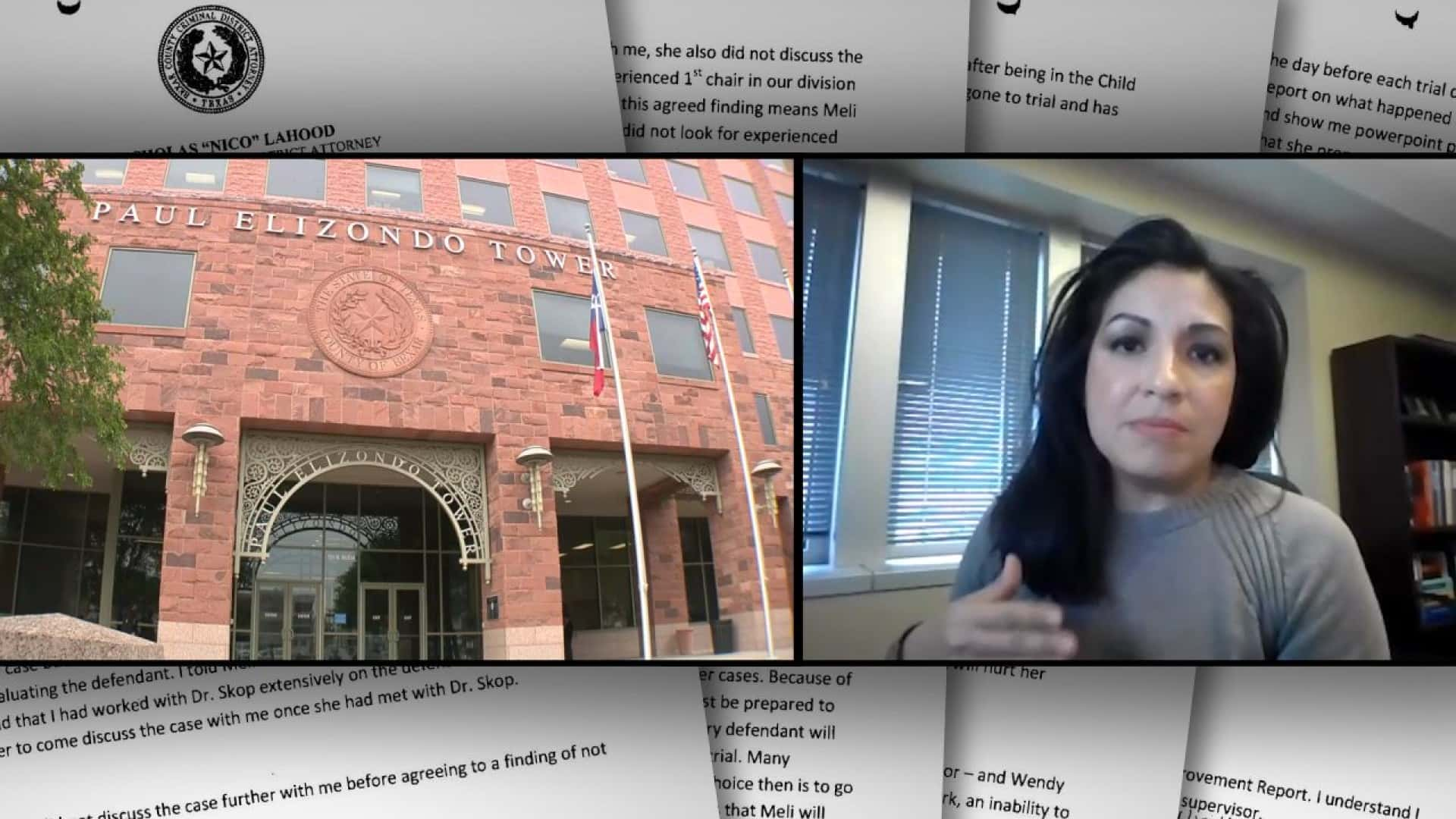Texans pay some of the highest property tax bills in the country, and the legislative battle among the state’s top Republicans is about who should get a bigger tax break: homeowners or companies.

Republican Lawmakers Are Divided On Who Should Benefit From Property Tax Relief
A months-long standoff between Lt. Gov. Dan Patrick and House Speaker Dade Phelan over how to distribute $12.3 billion in new tax cuts has dramatically escalated in the last week, with tensions reaching new heights as Gov. Greg Abbott, who had been silent on how state lawmakers should cut property taxes for months, entered the fray and sided with Phelan.
A lot is at stake. Despite its image as a low-tax state, Texas residents have the sixth-highest property tax bills in the country, according to the Conservative Tax Foundation. Republican lawmakers made great pledges this year to invest billions of dollars into property tax relief, with Abbott promising to utilize half of the surplus for tax reduction.
However, Republicans in the state legislature are divided on who should profit the most.
READ ALSO: The LIHEAP Customers Energy Credit Application Period Begins June 1 – Check Requirements
Business Organizations Support Tax Rate “Compression” To Reduce Property Taxes
Abbott and Phelan support a more business-friendly plan to give all $12.3 billion to school districts so they can cut their tax rates — a concept known as tax rate “compression.” This would distribute tax relief to homeowners and business owners, all of whom pay property taxes. The plan, which was unanimously approved by the Texas House on Tuesday, has the support of dozens of business organizations, including the Texas Association of Business and the Texas Oil and Gas Association.
The House plan has the support of apartment, real estate, and building trade associations, as well as business leaders, who believe that enterprises require significant tax relief in order to meet rising costs, pay employees, and keep the economy running by keeping cheap services and products.
A more populist Senate strategy?
Patrick has criticized the Abbott-Phelan plan, claiming that homeowners require more meaningful relief.
He and Senate Republicans have thrown their support behind a $12.1 billion measure that, like the House’s, would reduce school property taxes for all taxpayers, including businesses.
However, the Senate uses some of the funds to increase the state’s homestead exemption, lowering the amount of a home’s worth that can be taxed to pay for public schools. That exemption is now worth $40,000. Patrick wishes to increase it to $100,000.
Businesses would still profit, but not as much as they would under Abbott and Phelan’s plan because the Senate plan utilizes some of the compression to target households for further tax breaks.
But the Patrick idea died in the House, where Phelan declined to bring it up on Tuesday, claiming that the Senate proposal did not adhere to Abbott’s demand to offer tax savings “solely” through compression. Instead, the House enacted a compression-only plan that Abbott endorsed before leaving town, forcing the Senate to either pass the House plan or bear responsibility for the Legislature’s second failure to provide property tax relief this year.
Patrick maintains his defiance.
How do the plans affect Texas residents?
According to a Texas Tribune analysis, homeowners would do better under the Senate tax plan than the House tax plan.
The owner of a $340,000 home — the average price of a Texas home last year — paying the state’s average school tax rate would save roughly $486 per year, or about $41 per month, under the House plan.
The Senate measure would not reduce those school tax rates as much as the House plan would. If the Senate plan is passed, that same homeowner would save roughly $925 per year — about $77 per month — if the homestead exemption is increased.
However, because tax rates vary across the state, not every homeowner would receive the same dollar amount.
The homestead exemption is a more equal tax advantage than compression because it applies to all homeowners regardless of wealth or property value. Wealthier homeowners would save more money under either plan than lower-income households, while homeowners at all income levels would save more money under the Senate plan. Poorer households would receive a larger percentage break under the Senate bill since they pay a higher percentage of their income in property taxes.
Every Texan senior fiscal expert Dick Lavine has stated that lowering property taxes is a poor use of the state’s surplus, which may instead be used to enhance the state’s basic allocation. Property tax cuts, according to proponents, benefit renters because they benefit commercial property owners and landlords enough that the savings are passed on to tenants. However, it is unclear how either approach would benefit renters. Property tax cuts, according to proponents, benefit renters because they benefit commercial property owners and landlords enough that the savings are passed on to tenants.
Renters pay a quarter of the state’s school property taxes but are not eligible for homestead exemptions. Landlords claim that property taxes account for a major portion of a rent cost, but there is pessimism that landlords will pass on tax reductions to their renters.
The House and Abbott’s compression proposal is perilous for the state’s public schools. Advocates for public education have long urged the state to increase its portion of school spending, but if the state experiences an economic slump and cuts to public schools, school districts will be on the hook for the gap in financing. This could result in the $5.4 billion in public school cuts in 2011, which were prompted in part by the Great Recession.
READ ALSO: Worst Cities To Own A Home In The United States: Check To Find Out




